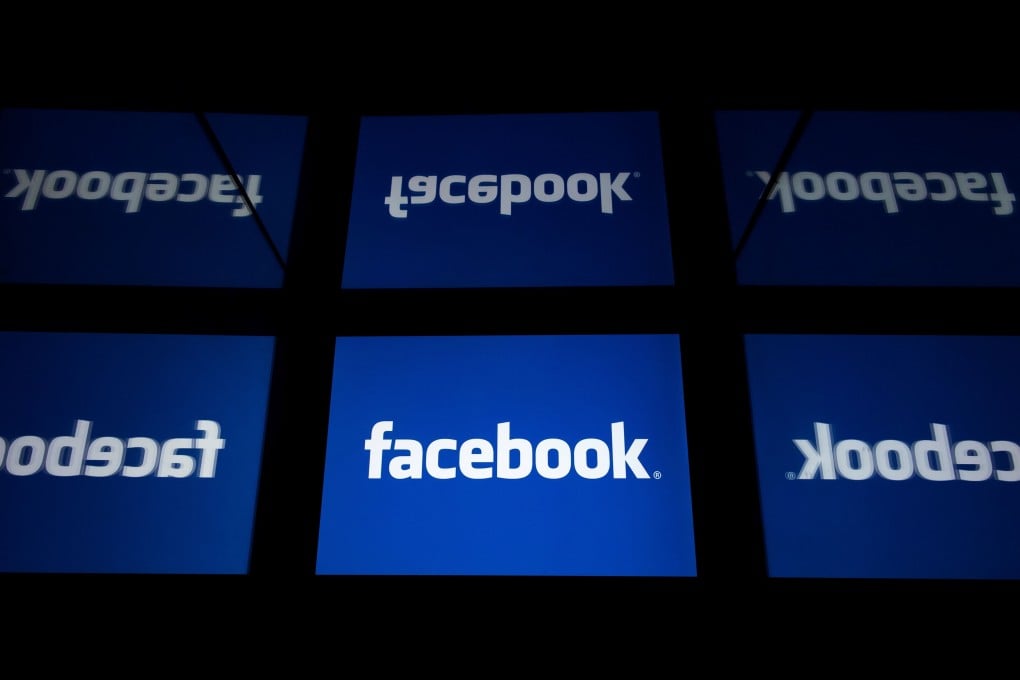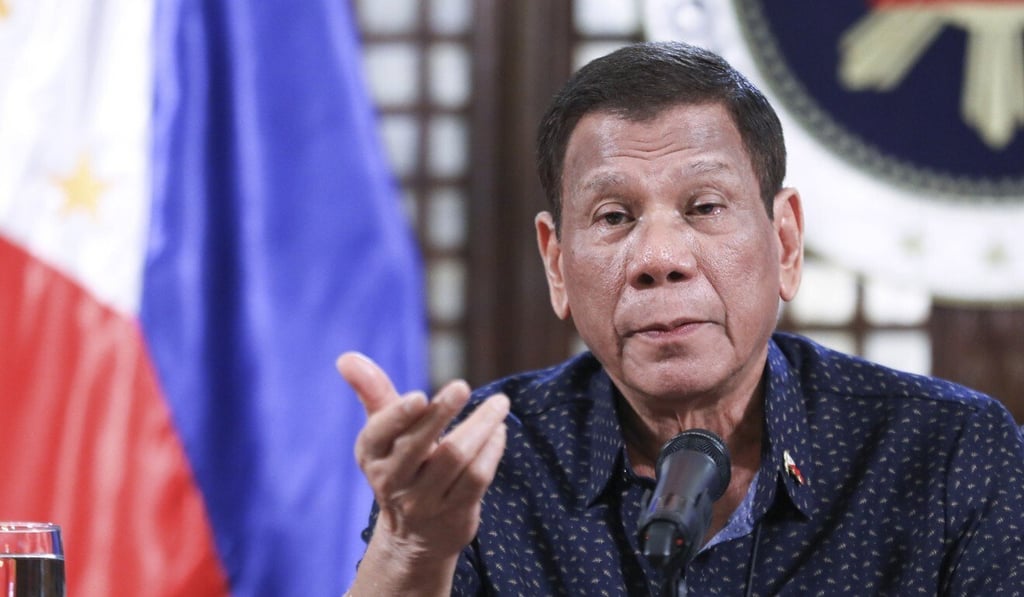Who is behind surge in fake Facebook accounts in the Philippines?
- Cloned accounts are sending death threats to real owners, including students and journalists opposed to the Duterte administration’s anti-terrorism bill
- Some analysts see parallels to the involvement of Cambridge Analytica in the 2016 election

“How are you? Are you ready to die?” read one message. “Anyway you’re useless to society. Just wait for us in [your hometown].”
The state-run University of the Philippines was the first to issue an alert against the dummy accounts, asking its students, officials and alumni to check their accounts and file reports with Facebook.
“Following protests [against the new anti-terrorism bill] on our campuses and threats to our students, there are now multiple reports of empty, duplicate and fake accounts bearing the names of students,” the university said. “We express our utmost alarm since these accounts are suspected to cause harm or spread false information.”

Facebook said it was investigating and urged people to report inauthentic accounts, while Justice Secretary Menardo Guevarra has said his department’s cybercrime office will coordinate with the National Bureau of Investigation and the police to investigate.